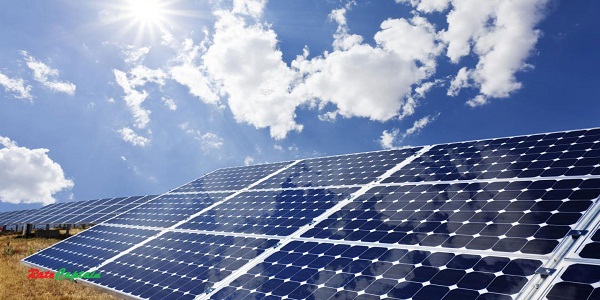Nigeria and India are making moves to explore opportunities in renewable energy development as part of the international agreements signed by both countries.
Indian High Commissioner, Nagabhushana Reddy, at a Business meeting in Abuja, said the home government was committed to deriving at least 30 per cent of its power needs from renewable energy by 2030.
Reddy noted that exploring areas of cooperation in renewable energy would build on existing partnerships between both countries, especially as Nigeria, was member of the International Solar Alliance (ISA).
According to him, ISA intends to provide dedicated platform for cooperation among solar resource rich countries and mobilise $1 trillion funds for future solar generation, storage and technology across the world.
He said: “We are opening a new chapter of India-Nigeria economic engagement by moving into the power sector relating to renewable energy. India had been present in Nigeria in the power sector mostly in the areas of distribution and transmission.”
Reddy also said that both countries would sign a Memorandum of Understanding (MOU) in the renewable sector to create a joint working group to develop projects for enhanced and effective collaboration.
Earlier, President of Abuja Chamber of Commerce and Industry, Kayode Adetokunbo, called on the Federal Government to harmonise policies on renewable energy to create single body for the implementation of relevant policies.
Adetokunbo said: “There is no clarity in policies and we need all the advantages solar power and renewable energy can offer and put it in one agency that has multi-sectoral approach so that other relevant agencies can work together as a team.”
He added that promoting synergy among stakeholders would create jobs and fast track economic development in line with the government’s economic growth plan.
A representative of Nigerian chapter of Associated Chambers of Commerce and Industry of India, Rajneesh Gupta, said that there are ongoing enlightenment campaigns on promoting renewable energy in Nigeria.
He said: “Simba Solar has been educating Nigerians on renewable energy technologies, and how it can deliver value. We are also training electricians and budding entrepreneurs that can key into these technologies to the end users.”
“Electricity generation is fluctuating this year, peaking 5,090megawatts as government continued to show determination to produce an energy mix with 30 per cent component of renewable energy out of the gross energy produced by 2030.”










